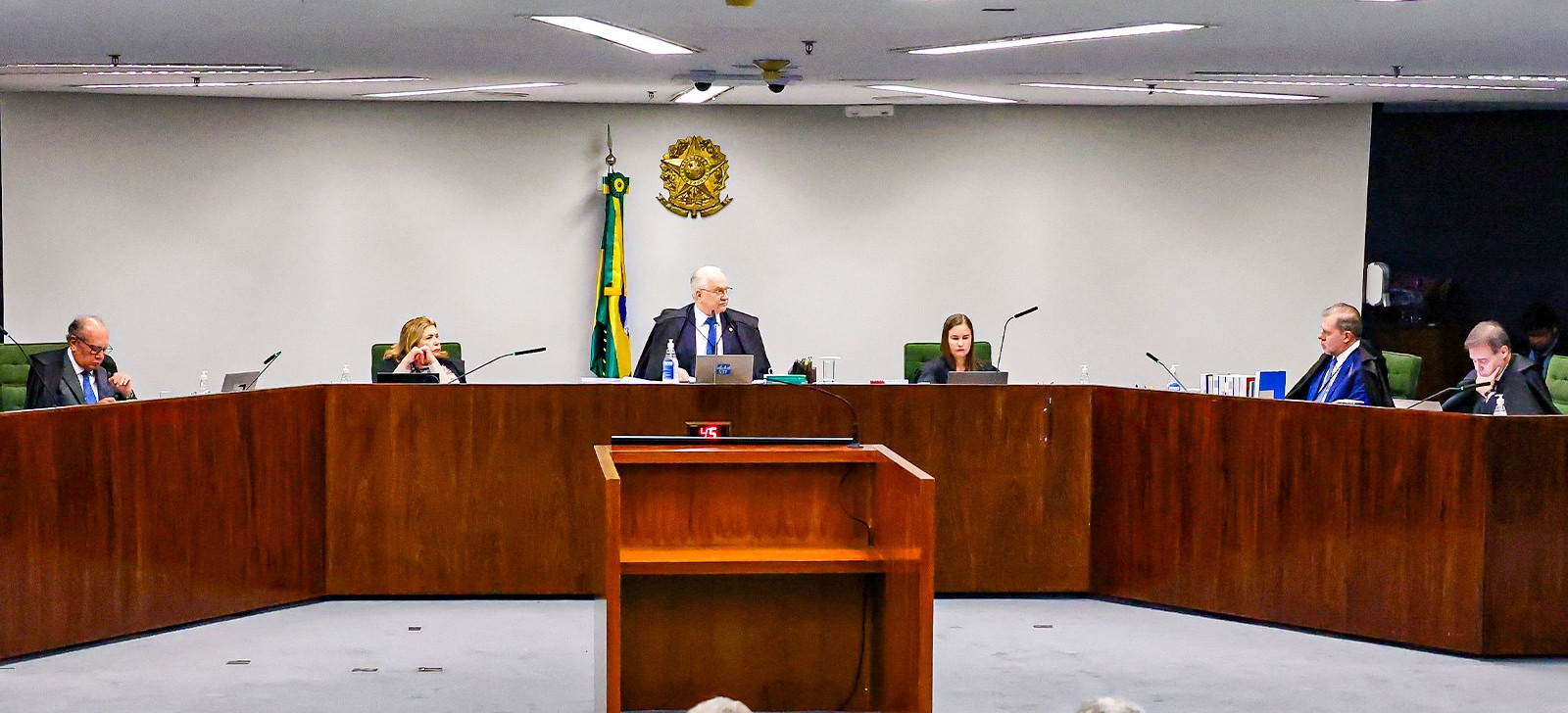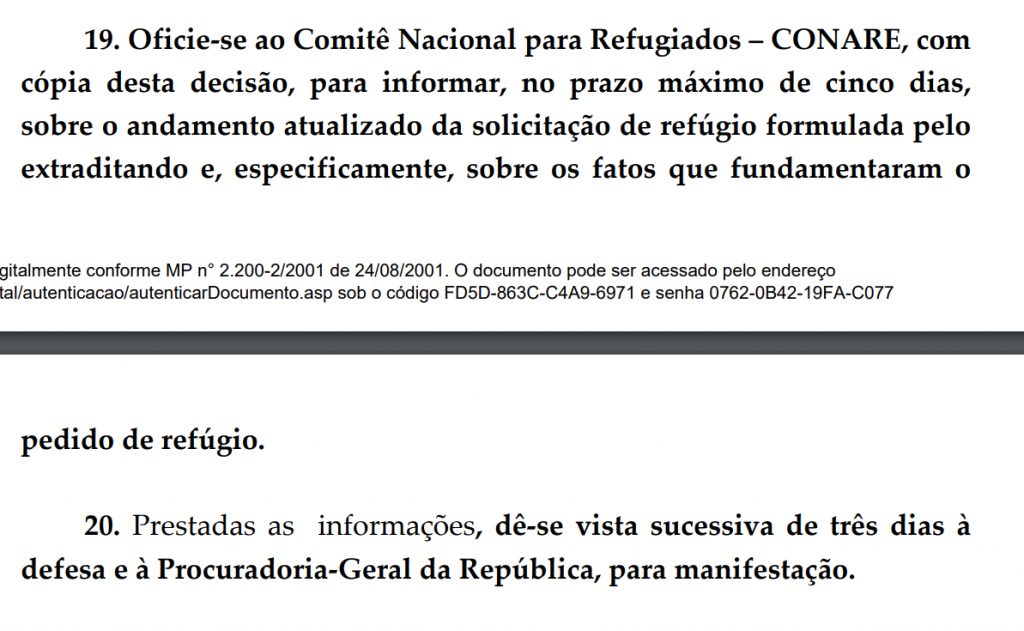Brazil authorizes extradition of Venezuelan arrested in Amazonas for homicide
12 de February de 2025

By Jadson Lima – From Cenarium
MANAUS (AM) – The Supreme Federal Court (STF) decided this Tuesday, the 11th, to authorize the extradition of Venezuelan Carlos Eduardo Hernandez, who was arrested in Manaus in August 2023, under suspicion of committing homicide in the neighboring country. The case was recorded in July 2018, when the Venezuelan allegedly fired at two people during an attempted robbery, causing the death of one of them.
The extradition request was granted unanimously by the First Panel of the STF, after the case’s rapporteur, Minister Cármen Lúcia, voted in favor of the extradition. According to the magistrate, the offenses the extraditee is accused of are common crimes, meaning they do not constitute political crimes. She was followed by Ministers Cristiano Zanin, Alexandre de Moraes, Luiz Fux, and Flávio Dino.
According to the STF, Carlos Eduardo Hernandez had submitted a request for asylum to the National Committee for Refugees (Conare). On January 27 of this year, the case’s rapporteur set a five-day deadline for the committee to provide “an updated status report on the asylum request submitted by the extraditee and, specifically, on the facts that justified the request.” The asylum request was denied.

To the STF, the Federal Public Defender’s Office (DPU), responsible for the defense, argued that the extradition request should be rejected because Venezuela would not be able to ensure due legal process for the citizen. The defender cited Conare’s recognition of the severe and widespread human rights violations in the neighboring country to argue that Hernandez would face risks.
“The Panel, unanimously, granted the extradition request submitted by the Venezuelan Government so that the extraditee may be handed over, in accordance with the prevailing legislation and at the discretion of the President of the Republic, to face the legal proceedings for which he has been accused, as stated in the case documents,” reads part of the decision available on the STF website.
According to Cármen Lúcia, Conare had already analyzed the asylum request and found no reason to grant it. “As a judge, I cannot presume that a State will fail to comply with its own laws,” she noted. Minister Flávio Dino argued that rejecting the extradition could increase migration to Brazil to the point where the country could become a kind of “free territory” for common criminals, “not only from Venezuela but from all neighboring countries that, in their own ways, face institutional difficulties.”
Although the Court authorized the extradition, it stated that Venezuela must comply with certain commitments, such as prohibiting the extraditee’s transfer to another country without Brazil’s consent; disregarding any political motives that could aggravate the accused’s sentence; not subjecting him to torture; and not prosecuting him for any act committed before the extradition request, among others.

